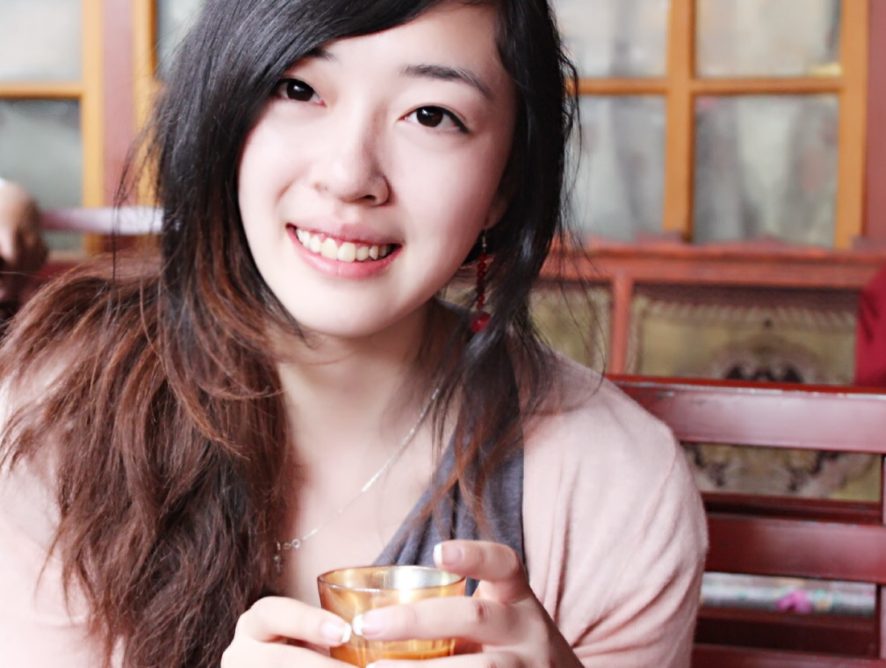I studied Chinese literature and language in Nanjing. In 2013 I finished my Master in Theory of Literature and Art. Currently I am a doctoral candidate at the Department of East Asian Studies and my research focuses on Chinese Buddhism and Buddhist History.
What are your main research interests?
My research interests lie primarily in Chinese Historiography of Buddhism, Buddhist history in Late Qing and Republican era and the history of Chinese historiography. I am also interested in issues of religious and historical recomposition in modern china, such as the revitalization of Buddhism, the reinvention of traditional historiography and the intertwined progress of modernity, secularization and religiosity.
What are your current projects?
Currently my project is focused on modern expressions of Chinese traditional religious heritage, with particular emphasis on the historiographical transition of Buddhist studies in early 20th century. To examine the process of the making of “history” and “religion” in China’s modernity, I study some of the most important historians who wrote Buddhist history from their own academic and faith backgrounds but shared a common historical awareness that Buddhism need to be re-identified in modern context. By comparing the differences in their aims, attitudes and methods, I want to illustrate how Buddhism became the object of history study and gained its legitimacy in the modernization of Chinese scholarship; how Buddhism dealt with the relationship between academic tradition and new ideological orders and how it controlled or modified its discourses, representations and resources to fit in the modern category of “religion”.
What led you to pursue this research?
My initial interests in Buddhism come from personal reading experience of Abhidhama texts. I was attracted to Buddhist cosmology and teleology. After reading several books of Buddhist history written in early 20th century I gained an impression that one treatment of China’s religious questions is to switch religion from the margin of Chinese history to the center. Buddhism historiography is a direct outcome of processes set in motion with the transformation of historical and temporal conceptions and can be considered as an interpretation to the transition of Chinese Buddhist landscape.
How is your research unique?
Most recent studies in the field of modern and contemporary Chinese Buddhism are based on single tradition or ethnographic observations from fieldwork and other primary sources derived from specific locales and contexts, however, my research is intended to adopt a framework of the history of scholarship. My goal is not to draw a chronological lineage of Buddhist history studies in modern China. Instead, I purposely choose to cast a wide net under historiographical perspective in investigating which role the threefold influence of religious conceptions, historiographical traditions and modern intellectual trends has played on Buddhist history and with which elements the category of Buddhism has been imposed, rejected, appropriated and assigned a place in academic area.
How would you describe your work’s importance to an interested lay audience?
An astounding revival of Buddhism has occurred in China since 1890s. Although continually besieged by political ideologies and social change, Buddhism now has the largest population of religious believers, fast-growing global communities and active institutions, both religious and academic. To understand the situation of Buddhism in China, it is fruitful to leave the concrete phenomenon of religious practices and think about it in the broader historical context of modernity. My research is trying to elucidate the approaches with which historians made their contributions to understanding the term of “being modern” and searching the modern definition of religion since late 19th century. Historiography, as one of these approaches, shows that scholars were pursuing a “modern” civilization of their own design by change their thought, ideology and political systems. Since China is still on this historical track, I hope my research can provide an explanation for the religious questions faced by China up to contemporary times.

